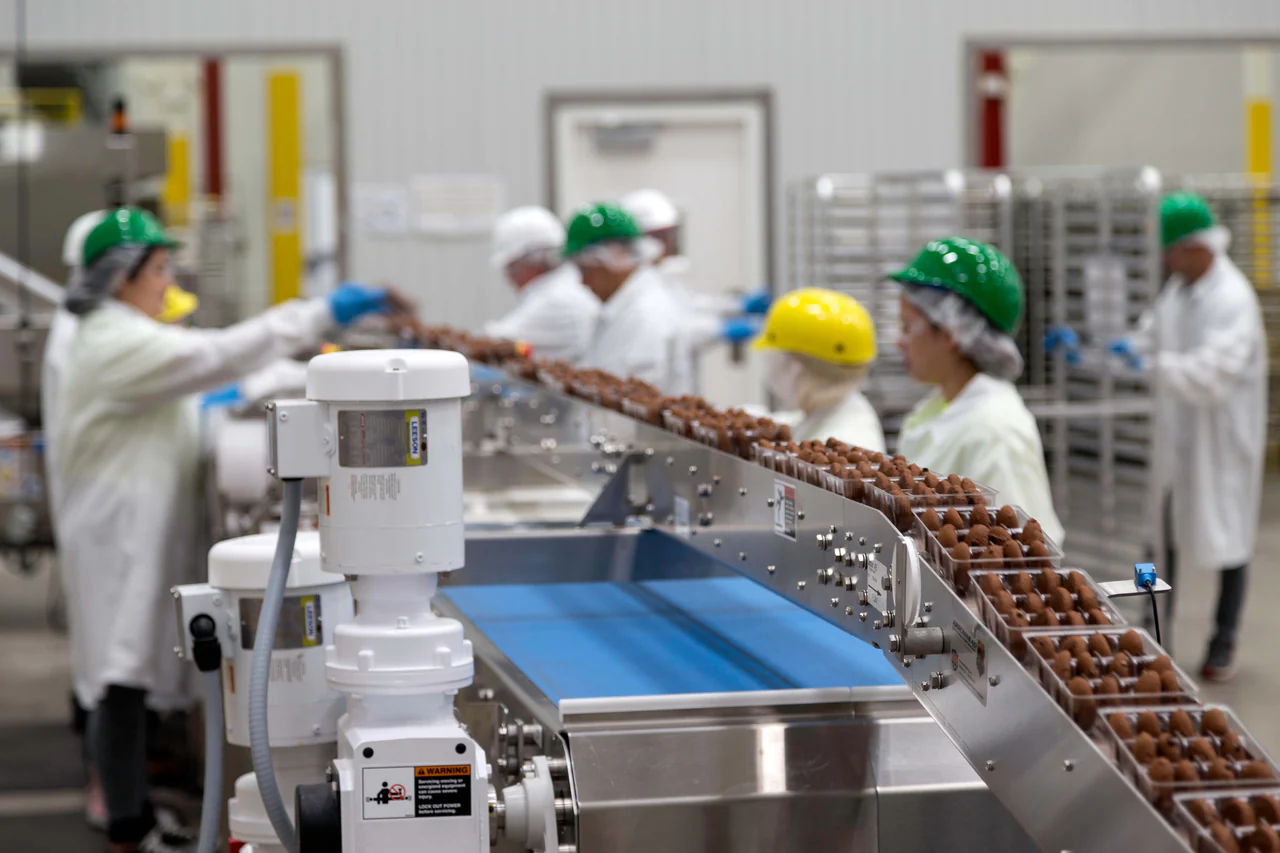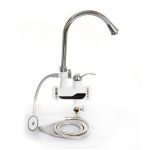FDA Cosmetic Registration
The FDA (Food and Drug Administration) plays a crucial role in ensuring the safety and efficacy of products available in the United States, including cosmetics. FDA cosmetic registration refers to the voluntary submission of cosmetic products and facilities to the FDA’s Voluntary Cosmetic Registration Program (VCRP). While this registration is not mandatory, it serves as a critical tool for manufacturers and consumers alike. The VCRP aims to help the FDA in monitoring cosmetic products and ensuring that they are safe for use. Through this program, manufacturers can report their product formulations and facility details, providing the FDA with valuable data to enhance public safety and regulatory oversight.
Benefits of Participating in the VCRP
Participating in the FDA’s Voluntary Cosmetic Registration Program offers several advantages to cosmetic manufacturers. Firstly, it demonstrates a commitment to product safety and regulatory compliance, fostering consumer trust and confidence. When companies register their products, they signal to consumers that they adhere to high standards and are proactive in ensuring the safety of their cosmetics. Additionally, the VCRP helps the FDA to quickly identify and address potential safety issues, thereby protecting consumers from harmful products. Manufacturers who participate can also receive valuable feedback from the FDA, which can aid in refining product formulations and enhancing overall quality.
The Registration Process and Requirements
The process of registering cosmetics with the FDA through the VCRP is straightforward yet detailed. Manufacturers or packers of cosmetic products first need to create an account on the FDA’s VCRP platform. Once registered, they can submit information about their cosmetic formulations and the facilities where these products are manufactured or packaged. The information required includes product ingredients, their concentrations, and the intended use of the product. It’s important to note that while the registration is voluntary, the FDA requires accurate and comprehensive data to effectively monitor the market. Companies must ensure that their submissions are up-to-date and reflect any changes in product formulations or manufacturing practices.
Implications for Regulatory Compliance
Even though the VCRP is voluntary, there are significant implications for regulatory compliance and market access. Cosmetics that are not registered might still be subject to FDA scrutiny, especially if there are reports of adverse effects or safety concerns. By participating in the VCRP, companies can mitigate the risk of regulatory actions and product recalls. Moreover, registered products are easier to track, which can streamline the process of addressing any safety issues that may arise. Additionally, international companies looking to enter the U.S. market may find that registration enhances their credibility and acceptance among U.S. consumers and retailers, thereby facilitating smoother market entry and expansion.
Conclusion: Embracing FDA Cosmetic Registration for Better Safety and Market Success
In conclusion, FDA cosmetic registration through the Voluntary Cosmetic Registration Program (VCRP) is an essential aspect of the cosmetic industry in the United States. Although it is not a mandatory requirement, the benefits of participating in the VCRP are significant. By registering their products and facilities, manufacturers can demonstrate their commitment to safety and regulatory compliance, gain consumer trust, and receive valuable feedback from the FDA. The registration process, while detailed, is straightforward and provides an important mechanism for monitoring and ensuring the safety of cosmetic products. Ultimately, embracing FDA cosmetic registration is not just about compliance; it is about ensuring the safety of consumers and achieving market success in a highly competitive industry.


